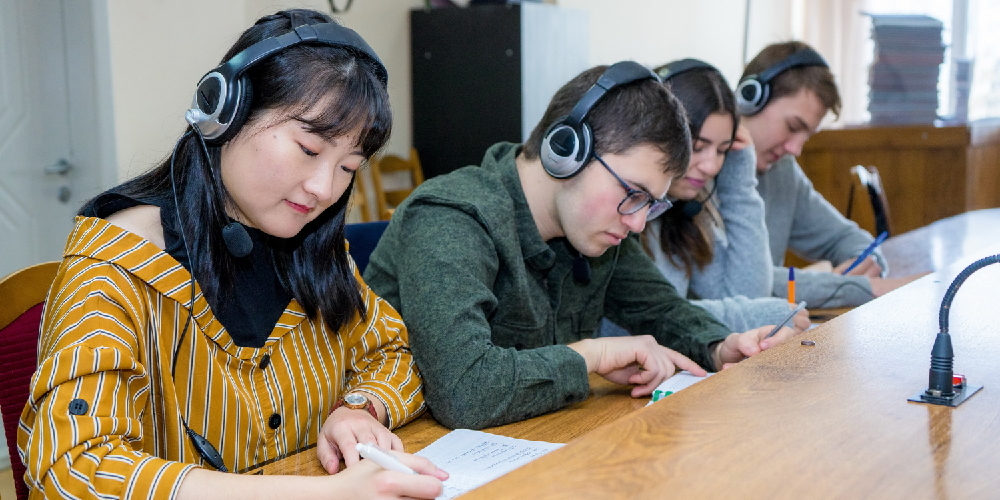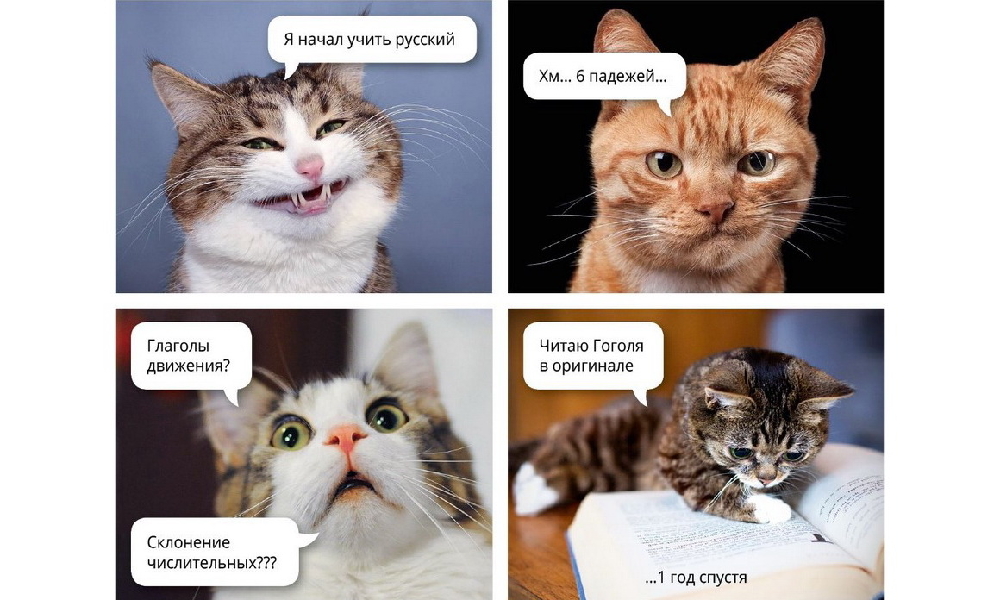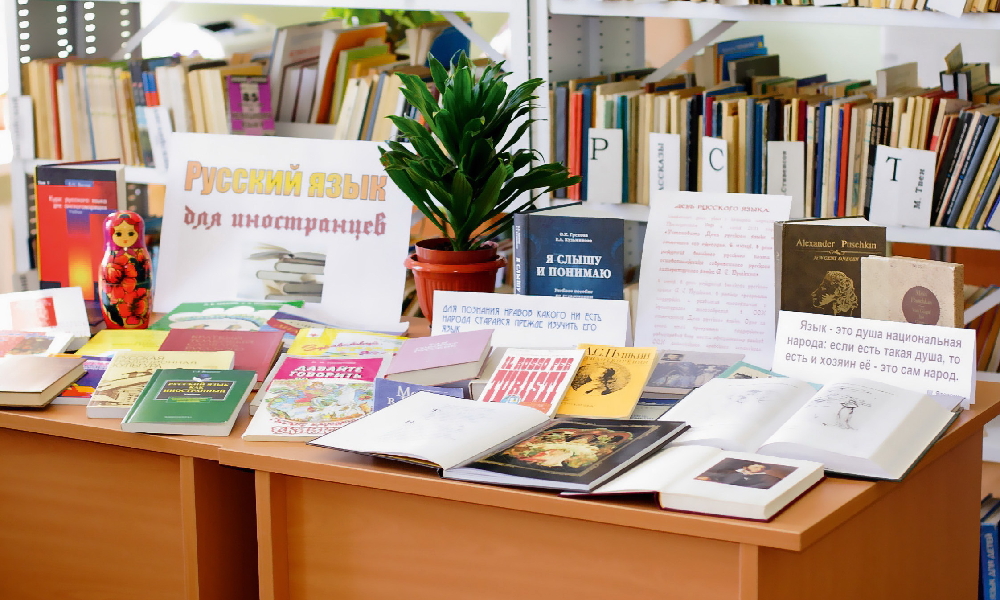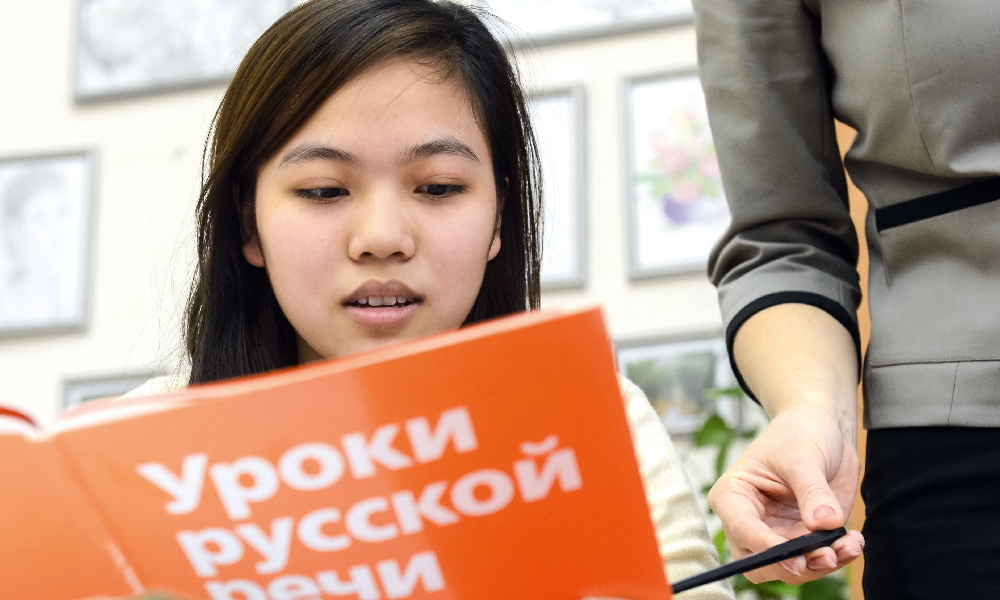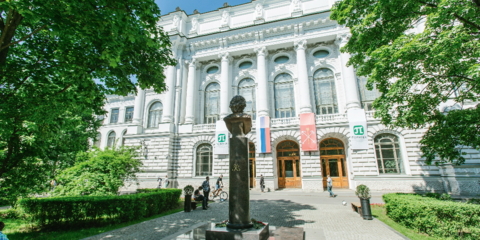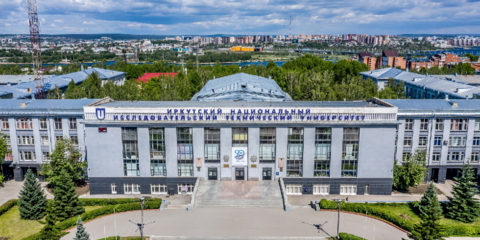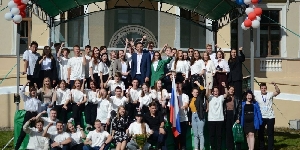Each language is a symbol of the country where it exists and develops. It is a product and a translator of a nation’s culture at the same time. No wonder that the global role and importance of a language depend on a country’s role and place in the world, in particular, in politics, economy, science, and culture. In the 21st century, Russia’s role in global politics and economy becomes more and more prominent, which increases the popularity of the Russian language in large part: an interest in Russia keeps up an interest in the language as well.
Natalia Tatarinova, Dean of the PreUniversity Education Department of Pushkin State Russian Language Institute, answers our questions about the aspects of Russian language learning.
How difficult is Russian for foreign citizens?
– Russian is spoken outside Russia, too. Russian is the world’s sixth language by popularity among language students and the eighth most spoken language by the number of native speakers. Russian is also one of the official languages in Belarus, Kazakhstan, and other former USSR countries. A total of around 270 million people speak Russian worldwide. Besides, it is considered a world language and has the status of an official language at international organizations such as the UN, UNESCO, the IOC, the IMF, and others. And there is one more interesting fact: Russian is the second most popular internet language.
Russian is difficult to learn: unfamiliar phonetic and intonation structure (e.g., sound [s] or a question without a question word: "Eto tvoj telefon?"/Is this your phone, six cases, verbs of motion (prijti—ujti—vyjti—podojti—otojti—zajti—dojti—…). So, to answer the question about how difficult Russian is for foreigners, we have to revise general linguistics.
Russian is a synthetic language. What does it mean? Simplifying a convoluted theory, we can say that synthetic languages are languages that convey relationships between words in sentences by way of flexions (endings). And languages that primarily convey relationships between words by way of prepositions and word order are called analytic. French and English are analytic languages.
Chinese, Vietnamese, and other languages belong to the group of isolating languages. In such languages, words do not change, and relationships between words are conveyed by way of functional words and word order in sentences. A sentence itself is a sequence of unchangeable roots whose boundaries coincide with the word boundaries.
Native speakers of English, French, Chinese languages often choose to study Russian! They find it difficult, but it is possible to learn Russian. Well-developed RFL teaching methods and highly qualified RFL teachers are the keys to success in learning Russian.
Who learns Russian more easily or less easily?
– To answer this question, let us analyze people who start studying Russian: their age, their language environment, their nationality, and other parameters. There is an exception to every rule. However, we will try to identify some components of effective teaching.
Firstly, does the age of a person who starts studying Russian influence their success? Some people believe that children learn foreign languages (including Russian) better than adults. But it is not quite so. Teaching foreign languages to people of all ages has its advantages. For example, younger children are excellent mimics. They are not afraid to pronounce foreign words and make mistakes in their speech. Adults find it much easier to analyze the similarities and differences between their mother tongue and foreign language, which simplifies the teaching process considerably.
Secondly, the language environment is known to help students to learn the Russian language system, replenish their vocabulary, overcome a language barrier much faster. Also, they have no real challenges while listening and speaking. Given the situation, it is clear that students are temporarily unable to come to Russia. But teachers can simulate the language environment even online if they competently organize the learning process.
Thirdly, nationality is what matters. Russian is easier to learn for native speakers of Slavic languages: East Slavic (Belorussian, Ukrainian), West Slavic (Polish, Czech, Slovak), South Slavic languages (Bulgarian, Serbian, Slovenian, Macedonian).
The similarity between phonetic, lexical, and grammatical systems makes it much easier for international students to learn Russian. But any teacher has students—native speakers of non-Slavic languages and members of non-Slavic cultures, who became proficient in Russian.
Lastly, there are different ways to study the language: by yourself or with a teacher. If you study the language with a teacher, you should take into account their qualification. International students’ success in learning Russian also depends on their teachers' professional competence. Competent teachers have the methods of teaching Russian as a foreign language at their fingertips. They are aware of the psychological and socio-cultural characteristics of international students. They can choose the textbooks and study guides that will help achieve their teaching goals.
You can start studying Russian at any age, preferably in the language environment. But you should not think that it is impossible to simulate the language environment online. The most important thing is that the language will be easier to learn for students who work with real professionals. Professional teachers are highly proficient in RFL teaching methods, can teach foreigners to speak, read and write in Russian, open the world of Russian culture for them, regardless of their students' age, ethnic and other characteristics.
As international students say, Russian is difficult to learn, but it is possible to master it. The most difficult things for many are grammar, cases, verbs. You should use the correct word stress. Otherwise, the words can change their meaning.
However, everybody shares an opinion that studying the Russian language and Russian culture, in general, is exciting. It is no secret that the best way to learn the language is to immerse in the language environment and constantly communicate with native speakers. So though seemingly impossible to overcome all difficulties, students master the language. Some start speaking fluently, reading the best classic Russian books.
18.04.2021
